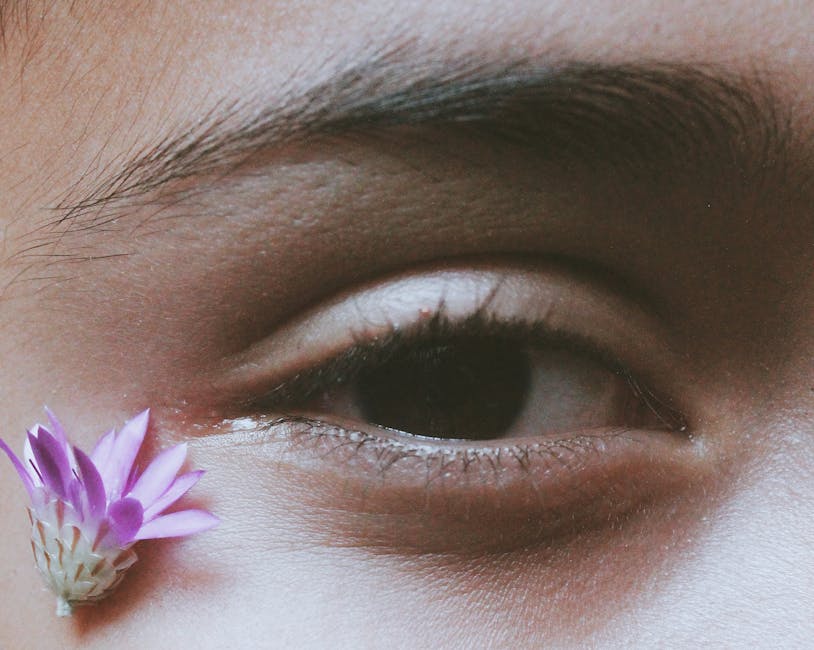
Stop Doing This in Your Routine—It’s Worsening Your Skin
Are you unknowingly making your sensitive skin worse? Many routines labeled “gentle” or “natural” actually sabotage your skin’s healing process. Learn how to identify and fix common skincare mistakes, and find a proven skin treatment for sensitive skin that soothes, strengthens, and protects.
Common Mistakes That Worsen Sensitive Skin
Many people struggling with sensitive skin unknowingly follow habits that delay healing, cause flare-ups, and disrupt the skin barrier. Are you guilty of any of these?
- Over-cleansing or using foaming cleansers twice daily
- Layering too many actives like AHAs, retinol, or vitamin C
- Skipping patch tests before trying new products
- Using hot water in facial routines
- Switching products too often without consistency

These habits often stem from misinformation or the desire for quick results. Unfortunately, for those with fragile skin, speed and aggression don’t work—restoration and consistency do.
Best Skin Treatment for Sensitive Skin (MOFU)
Skin treatment for sensitive skin should focus on calming inflammation, restoring the skin barrier, and reducing reactivity.
- Use barrier-repairing moisturizers with ceramides and niacinamide.
- Choose fragrance-free, alcohol-free products to minimize irritation.
- Apply calming serums containing ingredients like Centella Asiatica or panthenol.
- Use mineral sunscreens with zinc oxide or titanium dioxide for daily UV protection.

When applied consistently, these steps form the foundation of effective, long-term skin healing—especially for adults ages 35–55 who are managing sensitivity alongside signs of aging.
Basic Skincare Steps for Sensitive Skin
Building a solid skincare routine doesn’t require 10 steps—it requires smart, skin-friendly choices. Here’s a morning and evening outline:
- Gentle Cleanser: Use a pH-balanced, non-stripping formula.
- Hydrating Toner or Essence: Focus on moisture and barrier support.
- Moisturizer: Choose cream-based formulas with ceramides.
- Sunscreen (AM): Opt for physical sunscreens only.
- Repair Cream (PM): Include soothing actives like allantoin or oat extract.

Sticking to this routine for at least 6 weeks allows your skin to recover and build resilience—without the setbacks caused by overuse of actives or harsh treatments.
Sensitive Skin Rash Home Remedies That Actually Work
Looking for simple, natural solutions? These sensitive skin rash home remedies provide soothing relief and support healing:
- Colloidal Oatmeal Baths: Reduces itching and calms redness
- Aloe Vera Gel: Offers anti-inflammatory and cooling effects
- Green Tea Compresses: Contains antioxidants and soothes skin
- Honey Masks: Antibacterial and deeply hydrating

While these remedies are helpful, they should be used in conjunction with a structured skincare routine—not as stand-alone solutions.
Good Acne Treatments for Sensitive Skin
Dealing with acne on sensitive skin can feel like a minefield. Harsh treatments like benzoyl peroxide often do more harm than good. Here are gentler, evidence-based options:
| Treatment | Benefit | Why It’s Safe |
|---|---|---|
| Azelaic Acid 10% | Fights acne and redness | Anti-inflammatory and non-irritating |
| Niacinamide | Balances oil and reduces marks | Barrier-friendly, calming |
| Low-Strength Salicylic Acid (0.5–1%) | Clears pores gently | Less drying than higher concentrations |
| LED Light Therapy (Blue/Red) | Kills acne bacteria, reduces inflammation | Non-invasive and safe for sensitive skin |
Which style suits you best? Read on and explore combinations that gently treat acne while preserving your skin’s natural defenses.
FAQs
What’s the best skin treatment for sensitive skin?
The best skin treatment for sensitive skin includes barrier-repairing moisturizers, mineral sunscreens, calming serums, and a consistent, gentle routine that avoids harsh ingredients.
Are home remedies safe for sensitive skin rashes?
Yes, many home remedies like oatmeal baths and aloe vera are safe and soothing when used appropriately alongside a stable skincare regimen.
Can I treat acne if I have sensitive skin?
Yes, by using low-irritant treatments such as azelaic acid, niacinamide, and low-strength salicylic acid, you can treat acne without worsening sensitivity.
Pillar Article: The 7 Most Common Skincare Mistakes for Sensitive Skin
Other Related Articles:
- Why Your ‘Natural’ Remedies Might Be Making Things Worse
- What’s Really Causing That Rash? It’s Not What You Think
Explore More:



0 Comments